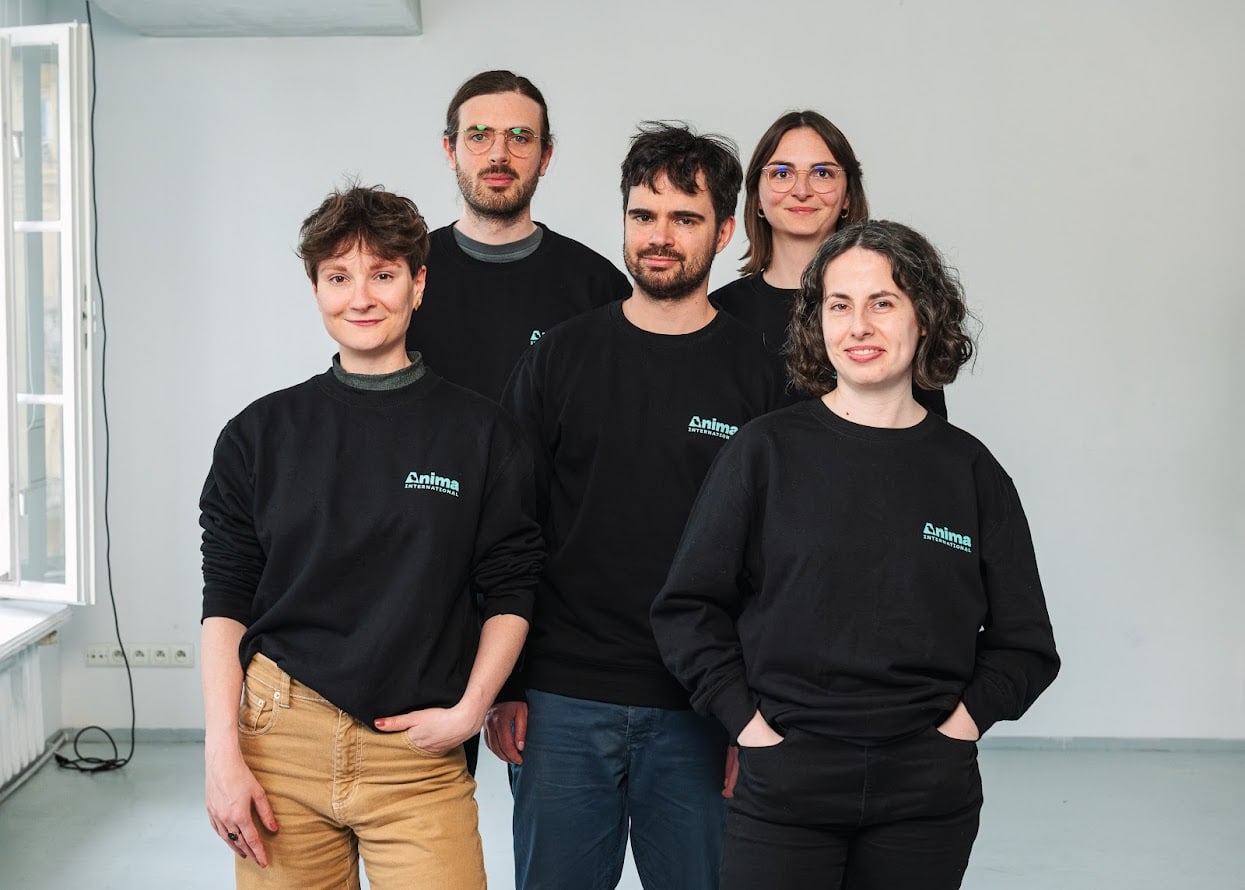There’s something deeply wrong with the world, when the median US college graduate’s starting salary is a dozen times higher than the price to save another person’s entire life. The enduring presence of such low-hanging fruit reflects a basic societal failure to allocate resources in a way that reflects valuing those lives appropriately. (If you personally earn over $60k, and agree that your least-important $5k of personal spending is not nearly as important as a young child’s entire life, I’d encourage you to reallocate your budget accordingly and save someone’s life today. Then, if you’re happy with the results, consider taking the🔸10% Pledge to make it a regular thing. This should be the norm for anyone who is financially comfortable.)
It’s a tricky thing. If you really let yourself internalize this fact—that children are dying for want of $5000—it can be hard to think of anything else. How can life just go on as normal, when children are dying and we could easily prevent it? Why don’t more people treat this as the ongoing moral emergency that it is? Where is the urgency? Why aren’t most of the people around us doing anything?

Psychological Defense 1: moral delusion
In order to live anything approximating a “normal life”, in these circumstances, we need to develop psychological defenses to block out the cacophony of global demands. And so we do. (Few are willing to be the sorts of radical altruists profiled in Strangers Drowning. I know I’m not!)
We learn to turn away, and ignore the needs of the world outside our local bubble. If people try to draw our attention back, we may even react with hostility: accusing them of being “preachy”, or “holier-than-thou”, or engaging in some kind of underhanded “guilt-tripping.” (How dare you break the social contract of mutually supporting each other’s delusions of decency, as we sip champagne while children starve?) We find—and elevate—other moral causes, preferably ones “closer to home”, that make fewer demands on our pocketbooks. We tell each other that it’s the personal touch that matters: being kind to our friends and colleagues; tipping workers generously; and pursuing every possible advantage or source of cultural enrichment for our children.
Of course, many such personal touches do indeed matter.[1] But are they all that matter? Do they matter more than distant children’s entire lives? Such a claim would hardly seem decent. Yet we all know that people say these sorts of things precisely in order to justify turning their backs on the global poor. It only works so long as we don’t draw attention to this very fact. (Hence the hostility to those who threaten this source of psychological comfort.)
Personally, I’m not a fan of dishonesty or rationalizations of this sort. I find it low-integrity. Alas, as mentioned, I also don’t want to become a radical altruist (I’m no moral saint!): I like living a comfortable life, getting to pursue the personal projects that I find engaging and rewarding, etc. My solution: don’t lie, compartmentalize.
2: Compartmentalization
We can’t live a normal life while fully appreciating the opportunity costs. And we can’t live an honest life while fully neglecting them. So, to combine honesty and normalcy, we have to fudge a bit. We have to acknowledge the reality of how our comfort trades off against others’ lives, without letting that daunting reality constantly swamp our everyday lives and personal priorities. Set aside some time and effort for dealing with it (as efficiently as possible), but then accept—as a compromise with human nature—that we’re always going to be a bit selfish, and so mentally bracket the depths of this moral disaster while we go about our daily business. (You don’t have to deny moral reality, you can just say: “Yes, I’ve set aside time to deal with that. That time isn’t now.”)
I don’t necessarily recommend this as the ideal response. It’s better to be a radical altruist. (Not in a stupid way that leads to immediate burnout, but in a strategic “doing the most good with your entire life plan” kind of way—something that surely requires plenty of self-care to successfully sustain.) But we don’t have to be—or pretend to be—ideal: imperfection is OK. And I think honest compartmentalization is much better than the moral delusion that most people engage in. Most importantly: it does a lot more good for the world (if you at least take the🔸10% Pledge or something similar). Plus it’s more intellectually honest—“better for your soul,” we might say.
Conclusion
My sense is that many people secretly fear that if they ever acknowledged the reality of moral tradeoffs—that children are dying because of their (in)actions[2]—they would feel compelled to become radical altruists.[3] I think it’s very important to appreciate that there is no such compulsion: you can acknowledge reality, do a bunch more good than almost anyone else, and still live an incredibly privileged—even self-indulgent—life. Really, it’s easy! Try it and see for yourself. (If enough people do, we should soon exhaust the low-hanging fruit and reach the point where we can’t so easily do so much good. That’s how things really ought to be: again, it’s messed up that opportunities for doing such massively disproportionate amounts of good are just lying there on the sidewalk, unused and seemingly unwanted.)
- ^
Though I’m less sure about tipping—as an immigrant from the Antipodes, the practice still seems pretty weird to me.
- ^
This may sometimes be worth it, and you should feel free to say so (I don’t mean to assume that saving kids from malaria is necessarily the best option around). But I don’t think most people could honestly claim to be using their resources to do more good than GiveWell’s top charities.
- ^
Sigal Samuel at Vox expresses this sort of fear: “If someone could definitively prove what was morally optimal and what was not, what was white and what was black, we’d all feel compelled to choose the white.” Against the anti-optimization perspective advanced in her article, I argue that:
(1) It’s better to do more good.
(2) It’s OK to be imperfect (as we all are!).
(3) We can often tell the difference (using good judgment with numbers: not blind deference to fallible calculations, but also not blind dismissal of quantitative considerations).
(4) Given limited willpower, we should prioritize our attempts at moral improvement, be generally accepting of our (and others’) limits, and not sweat the small stuff.
(5) None of (2) - (4) require denying (1).



I mean one huge reason is logistics and uncertainty.
First we must come to the knowledge that yes, children actually are dying, and this death can be prevented with $5000. How do we prove that? How does the average person obtain this information? Well, a charitable foundation says so. Or some famous celebrity claims it to be true. Or some study, which the vast majority of humanity has never read or even heard about, claims it to be true.
Then we need to trust the charitable foundation to faithfully execute the plan to save the child. How do we know the plan will be faithfully executed?
An effective altruist is committed to finding and evaluating these answers. The vast majority of humanity is not. So Effective Altruism has made a bunch of claims, but can't prove these claims in a 5 minute elevator pitch.
In the end then you're just another charity asking for a leap of faith. Some people jump, others don't. If you're not asking for a leap of faith, you're asking for a huge mental investment to verify all the claims made.
I agree with your first couple of paragraphs. That's why my initial reply referred to "reputable independent evaluators like GiveWell".
Conspiracy theorists do, of course, have their own distinct (and degenerate) "webs of trust", which is why I also flagged that possibility. But mainstream academic opinion (not to mention the opinion of the community that's most invested in getting these details right, i.e. effective altruists) regards GiveWell as highly reputable.
I didn't get the sense from John's comment that he understands reasonable social trust of this... (read more)